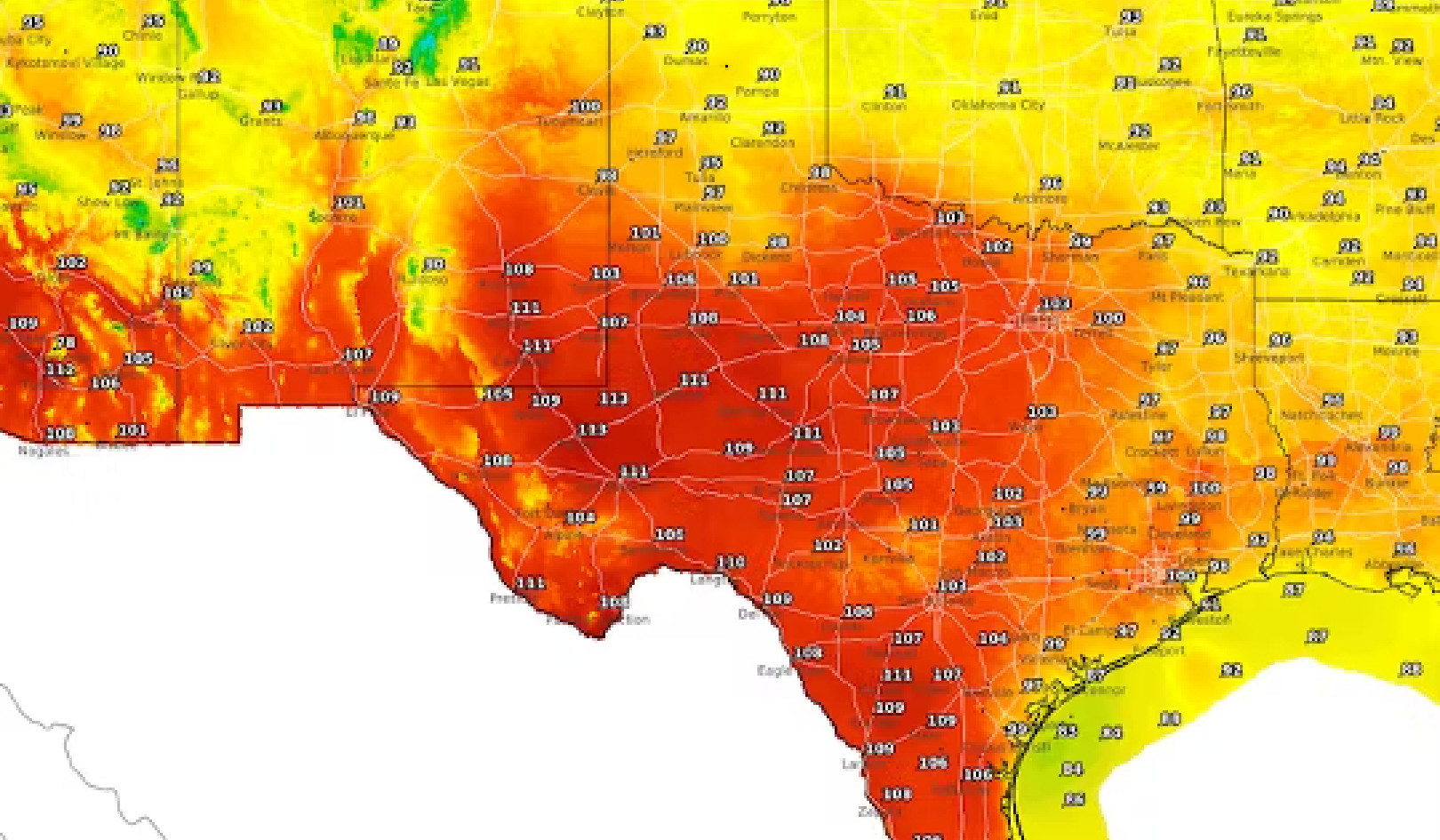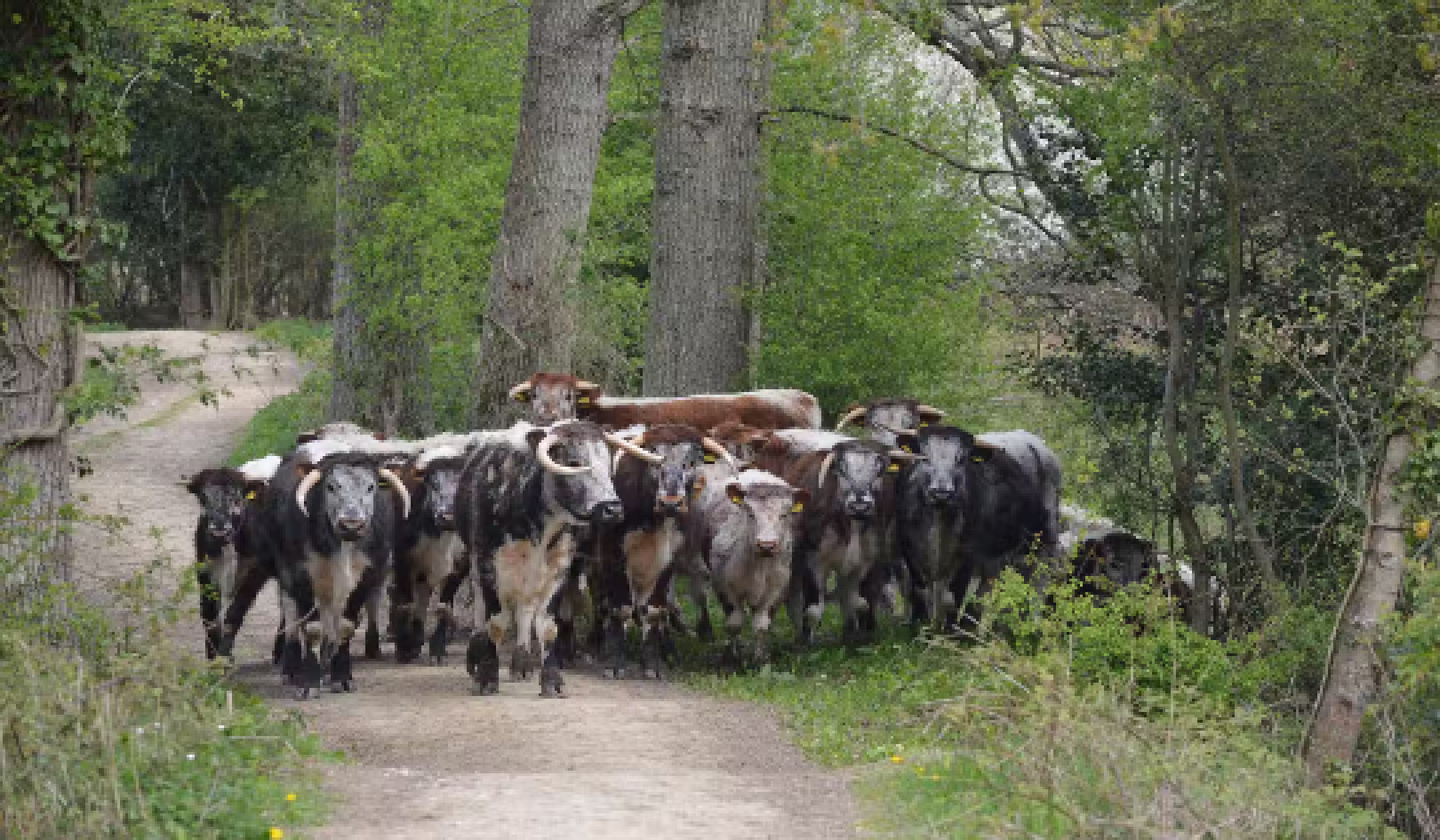
In recent years, discussion of politics in the west has been peppered with ominous warnings –- democratic backsliding, authoritarian populism, neofascist movements and the end of liberal democracy.
This is of particular concern in countries like the US, which spent much of the last century touting itself as the leader of the “free world”. Now, some are warning that the democracy underpinning America’s role in the world is teetering on the brink of far-right authoritarianism.
The history of liberal democracy -– the phrase itself and the countries that claim to represent it -– is rife with cruelty, slavery and disenfranchisement. These have long undermined states’ claims to be liberal democracies. A turn towards authoritarianism is an unsurprising consequence of so-called western liberal democracy itself.
Influential liberal scholars of international relations Michael W. Doyle and Francis Fukuyama both claim that the US was a “liberal democracy” by the late 18th century. Yet the first US census, in 1790, counted 697,624 enslaved people, while the 1860 census showed this figure had risen to almost 4 million. Women, meanwhile, remained without voting and other civil rights.
Doyle and Fukuyama list Great Britain as a liberal democracy at the height of its imperialist activity in the 19th century. They call Belgium a liberal democracy while it routinely mutilated Congolese children to extort more labour from their enslaved parents as recently as the early 20th century.
What was “liberal” or “democratic” about societies in which half the population had no vote because of their sex, and in which millions faced the indignity and dehumanisation of enslavement? In this sense, as anthropologist Lilith Mahmud put it, in the west “we have never been liberal”.
The myth of liberal democracy
Liberal democracy is what Mahmud calls an “occidentalist myth”, a way of representing the “west” as a coherent political space. It only entered our popular vocabulary in the 1930s and 1940s, accelerating in use at the height of the second world war. As a concept, it provided a way for Allied countries to define themselves in opposition to the fascism of their Axis enemies.
But fascism – a form of far-right, authoritarian politics often associated with eugenicist racism – is not as alien to these western societies as many of their historians, politicians and citizens suppose. In their imperialist international relations, which were only beginning to wane at the onset of the second world war, self-proclaimed liberal democracies freely practised many of the things that came to be associated with German fascism in the 1930s-40s.
In the societies they colonised, these states exercised authoritarian political control, used arbitrary detention and torture, and pioneered concentration camps and genocidal violence. The poet and anticolonial theorist Aimé Césaire dubbed the rise of fascism in Europe the “boomerang effect”: violent dehumanisation honed in the colonies returning home to Europe.
Authoritarian tendencies are part of the fabric of the liberal democratic state. This is plain enough to see in our current era, where black, Asian and other minority ethnic groups are regularly subjected to racialised police tactics and brutality.
A society where this happens may be more accurately described as “white supremacist capitalist patriarchy”, a term coined by the late feminist critic and social theorist bell hooks. It describes a system that benefits from inequality and exploitation, and privileges wealthy, white men at the expense of other groups.
The neofascist response
Fear about the rise of fascism and decline of democracy in the west is not the effect of “outsider” populist politicians. It is the internal contradictions of liberal democracy reaching a critical moment.
The actions of neofascist forces are a response to newly-energised progressive social movements that have emerged in recent years. In denouncing “political correctness”, attacking feminist and anti-racist values and defending statues of colonialists and slavers, the new far right demands a return to the very western values that truly underpin liberal democracy. As bell hooks wrote in 1994:
The public figures who speak the most to us about a return to old-fashioned values … are most committed to maintaining systems of domination –- racism, sexism, class exploitation and imperialism.
These sentiments map squarely onto far-right movements in the US, the UK, Australia, France, Italy and the wider west. Until we can recognise that western liberal democracy itself contains the seeds of fascism, and develop viable alternatives, it remains an ever-present danger.![]()
About The Author
Ben Whitham, Lecturer in International Relations, SOAS, University of London
This article is republished from The Conversation under a Creative Commons license. Read the original article.

Related Books:
On Tyranny: Twenty Lessons from the Twentieth Century
by Timothy Snyder
This book offers lessons from history for preserving and defending democracy, including the importance of institutions, the role of individual citizens, and the dangers of authoritarianism.
Click for more info or to order
Our Time Is Now: Power, Purpose, and the Fight for a Fair America
by Stacey Abrams
The author, a politician and activist, shares her vision for a more inclusive and just democracy and offers practical strategies for political engagement and voter mobilization.
Click for more info or to order
How Democracies Die
by Steven Levitsky and Daniel Ziblatt
This book examines the warning signs and causes of democratic breakdown, drawing on case studies from around the world to offer insights into how to safeguard democracy.
Click for more info or to order
The People, No: A Brief History of Anti-Populism
by Thomas Frank
The author offers a history of populist movements in the United States and critiques the "anti-populist" ideology that he argues has stifled democratic reform and progress.
Click for more info or to order
Democracy in One Book or Less: How It Works, Why It Doesn't, and Why Fixing It Is Easier Than You Think
by David Litt
This book offers an overview of democracy, including its strengths and weaknesses, and proposes reforms to make the system more responsive and accountable.






















